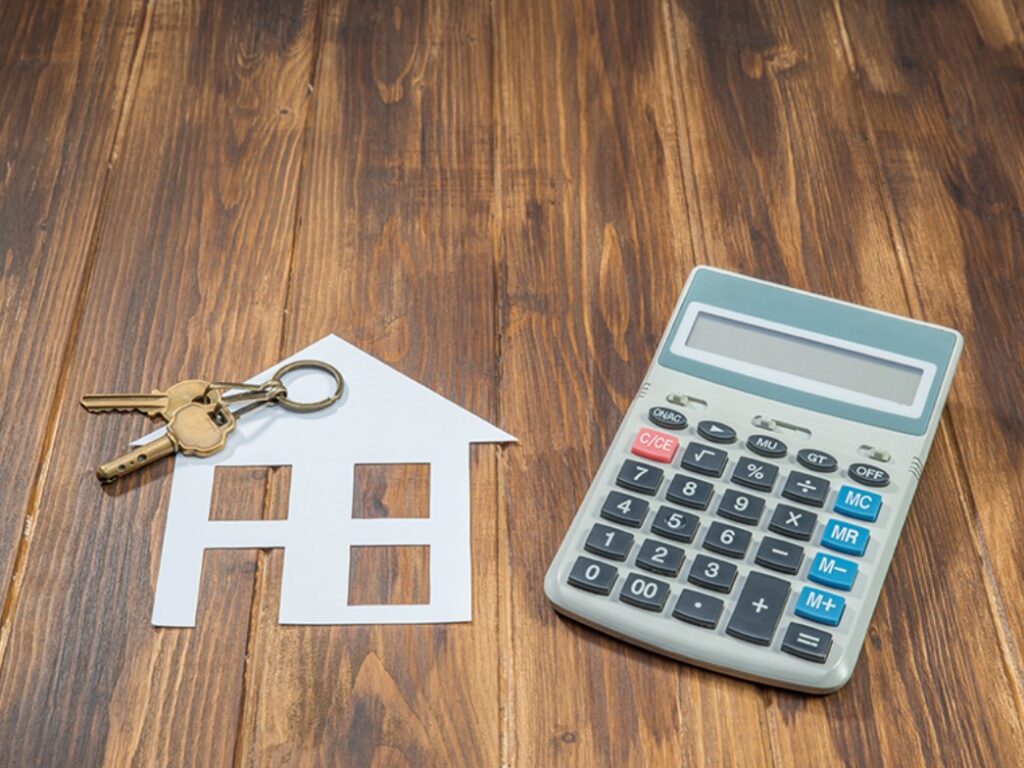Selling property in Switzerland can be a lucrative decision, but it’s important to account for the Grundstückgewinnsteuer (real estate capital gains tax). This tax applies to profits made from property sales and varies depending on the canton, ownership duration, and property type. Failing to account for it properly can lead to unexpected tax bills.
In this guide, we’ll break down everything you need to know about Grundstückgewinnsteuer, including how it works, how it’s calculated, possible exemptions, and strategies to minimize your tax burden.
What Is Grundstückgewinnsteuer?
Grundstückgewinnsteuer is a tax levied on the profit generated from the sale of real estate in Switzerland. Unlike regular income tax, this is a one-time tax applied only when a property is sold at a higher price than its original purchase value. The tax rates and rules differ across cantons, making it essential to understand local regulations.
Key Factors Affecting Grundstückgewinnsteuer
- Cantonal Differences – Each Swiss canton sets its own tax rates and rules. For example:
- Zurich: Progressive tax rates (10%–30%) based on profit and holding period.
- Geneva: Flat rate of approximately 12.5%.
- Bern: Reduced rates for long-term ownership.
- Holding Period – Many cantons offer tax reductions if the property was held for several years. Some may even exempt properties held for more than 25 years.
- Type of Property – Different rules may apply to primary residences, rental properties, and commercial real estate.
How Is Grundstückgewinnsteuer Calculated?
The taxable gain is determined by:
Taxable Profit = Selling Price − (Purchase Price + Eligible Expenses)
Eligible expenses may include:
- Renovation and improvement costs
- Notary and agent fees
- Legal and administrative costs
Example Calculation (Zurich Canton)
- Purchase Price (2015): CHF 600,000
- Selling Price (2024): CHF 900,000
- Renovation Costs: CHF 80,000
- Taxable Profit: CHF 900,000 − (CHF 600,000 + CHF 80,000) = CHF 220,000
- Applicable Tax Rate (held for 9 years): ~18%
- Tax Due: CHF 220,000 × 18% = CHF 39,600
Exemptions and Tax Reduction Strategies
1. Primary Residence Exemption
If the property was your main home, some cantons offer partial or full exemptions, provided you lived there for a minimum period (e.g., 2–5 years).
2. Reinvestment Deferral
Certain cantons allow tax deferral if the proceeds are reinvested in another Swiss property within a specific timeframe (e.g., 2–3 years).
3. Long-Term Ownership Benefits
Holding a property for decades may significantly reduce or even eliminate the tax in some cantons.
4. Documentation of Expenses
Keeping detailed records of improvements and transaction costs can lower taxable profits.
Common Mistakes to Avoid
- Underestimating Eligible Deductions – Many sellers forget to include renovation costs, reducing their tax burden.
- Ignoring Cantonal Variations – Tax rates differ, so assuming a uniform rule can lead to miscalculations.
- Missing Deadlines – Late tax filings can result in penalties.
- Overlooking Exemptions – Failing to claim primary residence or reinvestment benefits can mean paying more tax than necessary.
How SimpleTax Can Help
Calculating Grundstückgewinnsteuer manually can be complex due to varying cantonal laws and exemptions. simpletax simplifies the process by providing accurate tax estimations and ensuring compliance with Swiss tax regulations.
Final Thoughts
Understanding Grundstückgewinnsteuer is crucial for anyone selling property in Switzerland. By knowing how it’s calculated, leveraging exemptions, and planning strategically, you can minimize your tax liability and maximize profits.
For a detailed breakdown tailored to your situation, visit simpletax and explore expert guidance on Swiss real estate taxation.

